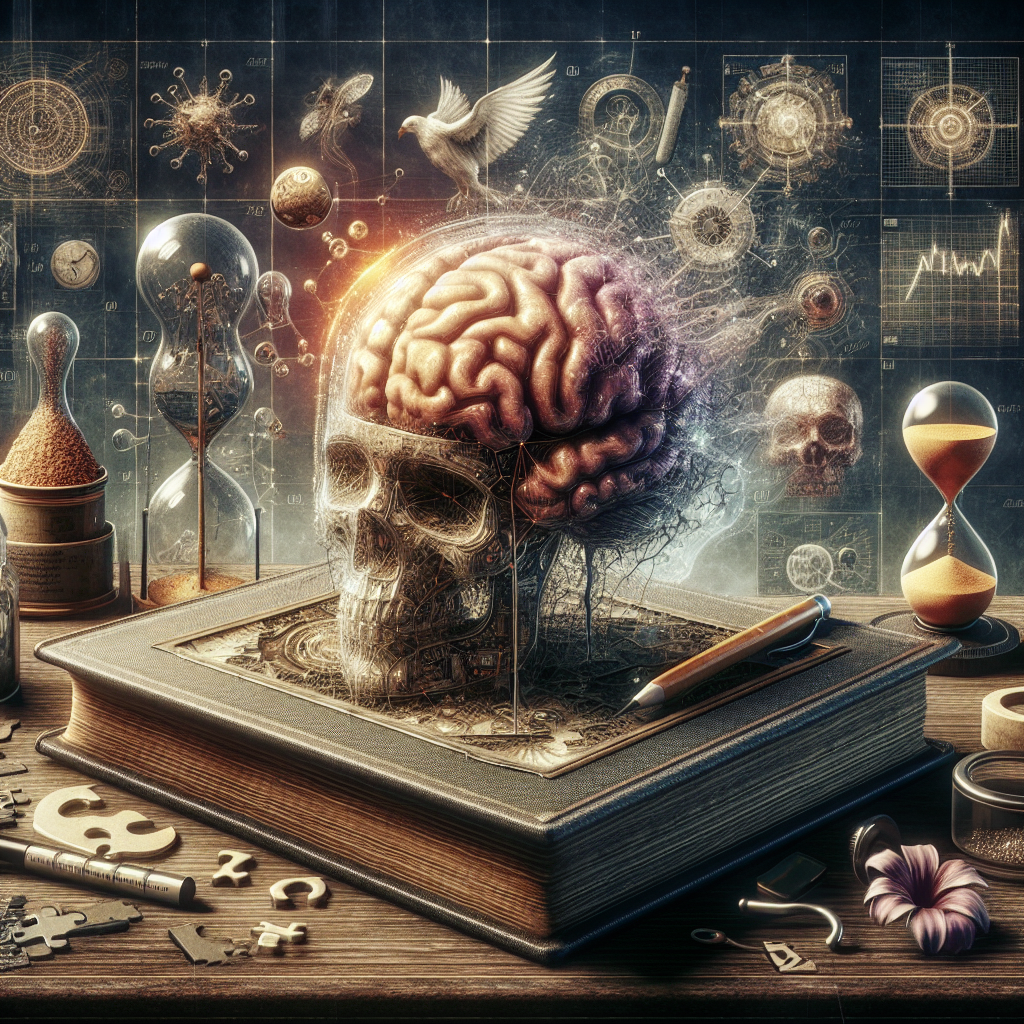The Impact of Traumatic Loss on Cognitive Functioning
- Jessica Williamson, LCSW
- Sep 3, 2024
- 2 min read
Grief is a universal experience, yet its effects on cognitive functioning are often overlooked. The emotional weight of a traumatic loss can manifest in various ways, including impacting our ability to think clearly, make decisions, and concentrate. In this blog post, we delve into the profound effects of traumatic loss on cognitive functioning and explore how individuals can navigate this challenging journey.
Understanding Traumatic Loss
Traumatic loss refers to an unexpected and devastating event that shatters an individual's sense of normalcy and stability. Whether it be the sudden death of a loved one, a natural disaster, or a traumatic accident, the impact of such events reverberates through every aspect of our being, including our cognitive processes.
The Cognitive Toll of Traumatic Loss
1. Memory and Concentration: One of the most notable effects of traumatic loss is the disruption it causes in memory and concentration. Individuals often report feeling forgetful, scattered, and unable to focus on tasks at hand. This cognitive fog can significantly impede one's ability to function in daily life.
2. Decision-Making: Grief can also cloud our judgment and decision-making abilities. The overwhelming emotions that accompany traumatic loss can lead to impulsivity, indecisiveness, and an inability to weigh options rationally. This can have long-lasting consequences on both personal and professional fronts.
3. Processing Speed: Traumatic loss can slow down cognitive processing speed, making simple tasks feel arduous and mentally draining. The brain is preoccupied with processing grief and trauma, leaving little cognitive capacity for swift thinking and quick problem-solving.
Coping Strategies and Support
While the effects of traumatic loss on cognitive functioning can feel overwhelming, it is essential to remember that healing is a gradual process. Here are some strategies that individuals can employ to support their cognitive well-being during times of grief:
1. Seek Professional Help: Consulting with a therapist or counselor can provide invaluable support in navigating the complex emotions and cognitive challenges that arise from traumatic loss. Therapy offers a safe space to process grief and develop coping mechanisms.
2. Practice Self-Care: Taking care of oneself is crucial during times of grief. Engaging in activities that promote relaxation, such as meditation, exercise, or spending time in nature, can help alleviate cognitive stress and improve mental clarity.
3. Establish a Routine: Creating a structured routine can provide a sense of stability and predictability amidst the chaos of grief. Having a daily schedule can help regulate cognitive processes and reduce feelings of disorientation.
4. Lean on Support Networks: Connecting with friends, family, or support groups can offer emotional sustenance and cognitive stimulation. Sharing experiences and feelings with others can help process grief and mitigate its cognitive effects.
The impact of traumatic loss on cognitive functioning is a complex interplay of emotions, memories, and cognitive processes. By acknowledging these effects and implementing coping strategies, individuals can navigate the challenges of grief while preserving their cognitive well-being.

As we journey through the aftermath of traumatic loss, let us remember that healing is a multifaceted process that requires patience, self-compassion, and a willingness to seek support. By prioritizing our cognitive well-being alongside our emotional healing, we can emerge from grief with resilience and strength.
By addressing the intricate relationship between traumatic loss and cognitive functioning, this blog post aims to provide insight and support to individuals navigating the complexities of grief.